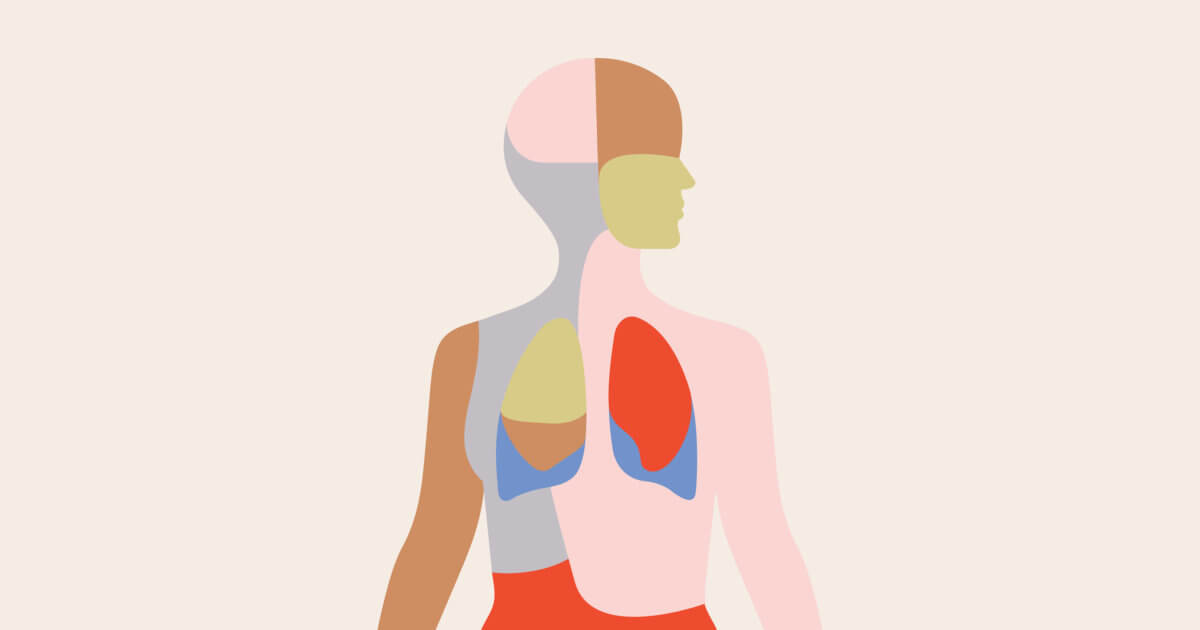What is Cisplatin Chemotherapy?
- If you've been diagnosed with advanced-stage bladder cancer, your doctor will most likely recommend cisplatin-based chemotherapy as a treatment option.
- Cisplatin-based chemotherapy is a particular chemo drug doctors use for bladder cancer treatment; it's very effective at battling bladder cancer cells.
- If you have bad kidneys or if you have bad hearing, you can't use cisplatin-based chemotherapy because it's very toxic to the kidneys and the ears.
"Whenever I’m meeting a patient for the first time who's diagnosed with stage four bladder cancer, first we have to describe what the treatment options are and really, when it comes down to it, we break it down into two forms of treatment," Dr. Arjun Balar, director of the genitourinary medical oncology program at NYU Langone's Perlmutter Cancer Center, tells SurvivorNet.
Read MoreWhat is Cisplatin Chemotherapy?
Cisplatin-based chemotherapy is a particular chemo drug doctors use for bladder cancer treatment; it's very effective at battling bladder cancer cells, Dr. Jay Shah, staff surgeon and associate professor of urology at Stanford University, tells SurvivorNet.Chemotherapy is administered in cycles. The cycles are generally three weeks long, and treatment is administered on a weekly basis, often two weeks in a row, followed by a third week off "that's three; three weeks is a cycle," Dr. Balar says. Chemotherapy is generally administered for up to six cycles.
This regimen is definitely hard on the body, but the likelihood of response, which means shrinkage in your cancer, is anywhere between 50% to 60% with cisplatin chemotherapy, according to Dr. Balar, "and what that means is objective, meaningful, shrinkage in their cancer with that chemotherapeutic agent."
Dr. Balar says that chemo is often stopped after six cycles, mainly because of the side effects. "What we know from all the trials is that administering treatment beyond six cycles of cisplatin-based chemotherapy does not yield more in the way of benefit against the cancer, and is much more likely to yield harm, in terms of accumulating side effects," he says.
The Main Cisplatin Chemotherapy Side Effects
"There are three main side effects that I counsel patients on who are getting cisplatin chemotherapy and specific to that drug in particular," Dr. Balar says. "Those (side effects) include kidney damage, hearing damage and nerve damage."
These side effects are specific to cisplatin. "That's why we actually have to make sure that (the patient's) kidney function numbers in particular, and other blood parameters, really allow for safe administration of the chemotherapy the chemotherapeutic with cisplatin."
This means that "if you have bad kidneys or if you have bad hearing, you can't use cisplatin because it's very toxic to the kidneys and the ears," Dr. Shah says.
Dr. Balar further explains that of all the patients who are diagnosed with advanced bladder cancer, doctors are realizing that about 60% to 70% actually aren't eligible for the most effective aggressive chemotherapy treatment cisplatin.
"For those patients … we really didn't have, until recently, very good and effective treatment options," he says. "And it's for these specific patients that atezolizumab and pembrolizumab (immunotherapy) have been approved."
This means that if a patient has advanced metastatic bladder cancer and can't get cisplatin-based chemotherapy, then doctors can try to use immunotherapy to try and prolong the patient's life and try to control the cancer, Dr. Shah says.
Other Cisplatin Chemotherapy Side Effects
The first side effect that typically comes to mind when talking about chemotherapy is hair loss. But Dr. Balar has some promising news on that front.
"One of the good things about chemotherapy with the regimens we use in bladder cancer is that the most common regimen that we use which is cisplatin and gemcitabine does not lead to hair loss."
OK, great! No hair loss! But what about nausea and vomiting?
"One of the nice things is that over the last decade or so, we developed very powerful nausea medications so that nausea and vomiting is actually not that common at all," Dr. Balar says. "It's actually relatively rare for patients to have significant nausea or vomiting."
No hair loss, check. No nausea and vomiting, check. So what side effects can you expect from taking cisplatin-based chemotherapy?
One side effect that can occur is low blood count; this means a lowering of the infection-fighting cells, as well as potential bleeding risks. "What I tell patients is that if you do develop an infection during chemotherapy, it's much more likely to be from your own body, most often from the urinary tract, than an infection from someone else."
However, "there's such aggressive monitoring that occurs during the course of chemotherapy, such that we really don't see those side effects often," Dr. Balar says.
Other common side effects from cisplatin-based chemotherapy include injection site reactions, which means that the drugs, where they are administered in the veins, can lead to a hardening of the vein or thrombophlebitis, which means inflammation of the vein. Clots can also happen during chemotherapy, according to Dr. Balar. Studies have shown that anywhere between 15% to 20% of patients will develop some form of a clot during chemotherapy.
Learn more about SurvivorNet's rigorous medical review process.


